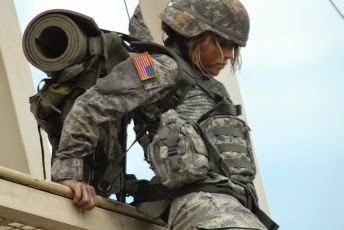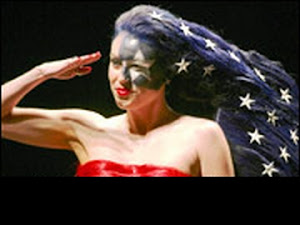Strategic depth and resolve is always more important than any commander. We saw such depth and resilience in Tsarist Russia in 1812, in France and Britain in the First World War, in the Soviet Union and the United States during the Second World War, but not in Carthage or overstretched Nazi Germany or overreaching Imperial Japan.
The ability to absorb initial defeats and fight on surpassed any decision made or battle fought by Hannibal or Scipio, Lee or Grant, Manstein or Montgomery. Yes, even Napoleon was elevated as the model of battle genius by Clausewitz and in military theory ever since, despite his losing by attrition in Spain, and in the calamity of the Grand Armée’s 1812 campaign in Russia. Waterloo was not the moment of his decisive defeat, which came a year earlier. It was his anticlimax.
Losers of most major wars in modern history lost because they overestimated operational dexterity and failed to overcome the enemy’s strategic depth and capacity for endurance. Winners absorbed defeat after defeat yet kept fighting, overcoming initial surprise, terrible setbacks, and the dash and daring of command “genius.” Celebration of genius generals encourages the delusion that modern wars will be short and won quickly, when they are most often long wars of attrition. Most people believe attrition is immoral. Yet it’s how most major wars are won, aggressors defeated, the world remade time and again.
We might better accept attrition at the start, explain that to those we send to fight, and only choose to fight the wars worth that awful price. Instead, we grow restless with attrition and complain that it’s tragic and wasteful, even though it was how the Union Army defeated slavery in America, and Allied and Soviet armies defeated Nazism.
With humility and full moral awareness of its terrible costs, if we decide that a war is worth fighting, we should praise attrition more and battle less. There is as much room for courage and character in a war of attrition as in a battle. There was character aplenty and courage on all sides at Verdun and Iwo Jima, in the Hürtgen Forest, in Korea. Character counts in combat. Sacrifice by soldiers at Shiloh or the Marne or Kharkov or Juno Beach or the Ia Drang or Korengal Valley were not mean, small, or morally useless acts.
Victory or defeat by attrition, by high explosive and machine gun over time, does not annihilate all moral and human meaning.















0 comments:
Post a Comment